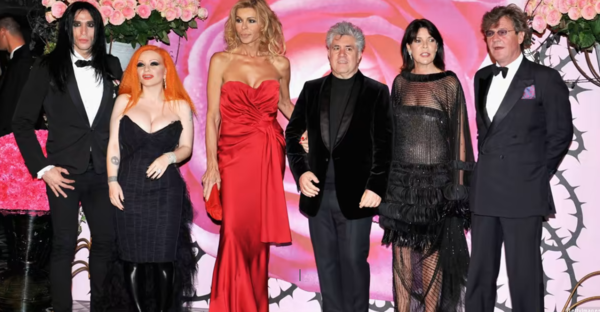Talk by Prof. Duncan Wheeler (U of Leeds). "To what extent was La Movida transgressive?"

- Sponsor
- Department of Spanish and Portuguese
- Speaker
- Duncan Wheeler
- Contact
- Javier Irigoyen-Garcia
- irigoyen@illinois.edu
- Views
- 61
- Originating Calendar
- Spanish and Portuguese Calendar
Following the death of General Franco, Spain embarked on a Transition to democracy. In Madrid, the nascent democracy was accompanied by a drug-fuelled youthful burst of creativity often referred to as La Movida. Cultural figures such as filmmaker Pedro Almodóvar and singer Alaska have become institutions, cultural ambassadors for democratic Spain. Forty years on, however, there is no clear consensus about the precise nature of their contribution to Spain’s cultural and political history. Some commentators believe them to have been instrumental to the process of democratic normalisation whilst detractors claim they individually and collectively constituted a (post-)modern form of “bread and circuses”, holding back more radical possibilities. In this talk, I critically interrogate these competing claims to consider what is at stake in disputing the Movida’s contested legacy in twenty-first-century Spain